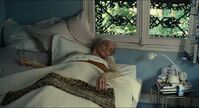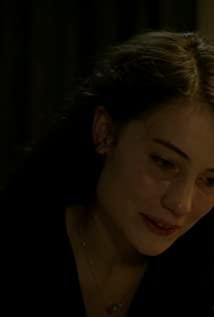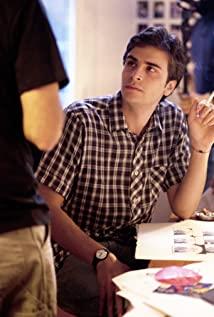L'avenir means "future" in French. Ironically, how much more can there be a future for a female philosophy teacher in her fifties? The impending change is very likely, just as the black cat who always hides in the corner in the movie is a metaphor.
Natalie is a typical intellectual woman in modern society. The children have grown up and left home and only come to visit on weekends; she travels between school and home every day, taking care of her elderly and depressed mother, and occasionally arguing with her husband. Full of knowledge has won her a respectable teaching position, and the philosophy books she has read have given her an independent mind, but spiritual wealth is not enough for her to withstand the undercurrents in life. Overnight, the dull marriage of more than 20 years was broken, the husband decided to live with his young lover, the mother died suddenly, and the work of the publishing house was cancelled... The unfortunate events followed, and Natalie seemed to accept it calmly. Weary to parry, but also to move forward with difficulty.
In this turn of events, her husband's betrayal may not be the worst thing. When the time of separation came, Natalie suddenly found that the books that her husband took away, the seaside holiday home that she could no longer go to, and other divided possessions were the most difficult to let go. Because every book we read, everyday objects we use, and places we go to carry memory fragments of the past two decades, and it is these daily trivialities that shape us into who we are today.
It is easy to leave a man who has changed his mind, but it is not easy to give up part of yourself.
After her mother's funeral, Natalie was sitting alone on the bus back home, crying. She looked out the window at the familiar Paris, and unexpectedly saw her husband and lover walking down the street hand in hand. Natalie burst into tears and couldn't help laughing, whether she was making fun of herself or this ridiculous life. The girl sitting next to her gave a weird look, not realizing that one day in the future, she might be the one sitting alone on the bus crying.
Then life went on, with Natalie being pushed forward, facing the beauty of the mountains alone, enjoying a somewhat bewildering freedom. The gaps vacated by the bookshelves on the wall will eventually be filled again, the cat left by the mother is given to the students, and the chapters that have already ended are turned over. With the birth of her little granddaughter, Natalie gained the title of "grandmother" after losing her "wife" status. Gains and losses are always at opposite ends of the scale. Life teaches us how to let go, which will eventually bring new memories.
If this is a typical American movie, then according to the Hollywood formula, the abandoned woman should be able to turn around after a downturn, become a winner in life, and have a happy ending. However, this is a French film with a bit of a "new wave" style, where past and present are cut apart, slices of life leap forward, and a woman with a strong heart doesn't need a new partner to make amends or prove herself. Although philosophy failed to make Natalie's armed invulnerability unharmed, it still brought her inner comfort, allowing her to accept the fickle nature of human affairs and maintain her pride.
"The Future" is a sad account of life, a little bitter, but paradoxically warm. To paraphrase that vulgar French, C'est la vie, this is life.
View more about Things to Come reviews











